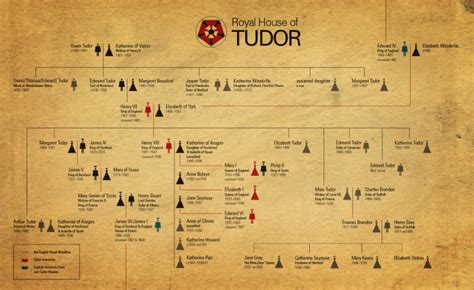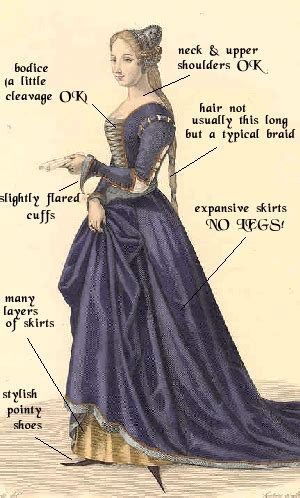tudor last name originSource factory,15th century girls names,tudor last name origin,History: The Tudor royal family, English sovereigns from the accession of Henry VII in 1485 to the death of Elizabeth I in 1603, were of Welsh origin, being descended from Owain ap Maredudd ap Tudur, who held lands at Penmynydd Target’s $15 Lululemon Bag Dupe Carries All Your Essentials ‘Hands-Free’ & Comes in 7 Colors Including Cream Sherpa by Kristine Solomon , Taylor Jeffries

The surname Tudor is a fascinating name with origins rooted in Welsh history and language. Derived from the Brythonic word Tudur, it has an intricate etymology that connects it to the name Theodore. Additionally, Tudor is not only a surname but also a given name of Romanian origin, further highlighting its diverse cultural associations. In this article, we will delve into the origins of the Tudor last name, exploring its significance in different contexts and shedding light on its historical importance.
Tudor is a surname and given name of Welsh origin. It comes from the Brythonic Tudur, itself a derivation of Toutorīx which was conflated with Tewdwr or Tewdr. It is related to the name Theodore. Tudor (and Tudora in its female form) is also a first name of Romanian origin, also related to Teodor. The English royal dynasty, the House of Tudor (descended from the Welsh Tudors of Penmynydd)
15th Century Girls Names
During the 15th century, naming conventions for girls were often influenced by cultural and religious factors. The popularity of certain names fluctuated over time, reflecting changing social trends and historical events. In this period, names such as Elizabeth, Margaret, and Anne were commonly used for girls, showcasing a blend of traditional and emerging naming practices.
16th Century Female Names
The 16th century saw a continuation of traditional naming patterns for females, with names like Mary, Catherine, and Jane remaining popular choices. However, this period also witnessed the introduction of new names and variations, reflecting cultural diversity and evolving social norms. Women's names in the 16th century often carried symbolic meanings or references to religious figures, emphasizing the importance of faith and spirituality in naming customs.
16th Century Girl Names
In the 16th century, girl names reflected the broader societal changes occurring during the Renaissance period. Names like Isabella, Eleanor, and Beatrice gained popularity, showcasing a growing interest in classical and literary influences. The naming of girls in the 16th century was a reflection of cultural shifts and artistic developments, with parents seeking unique and meaningful names for their daughters.
17th Century Women's Names
As the 17th century unfolded, women's names continued to evolve, encompassing a wide range of linguistic origins and historical references. Names such as Charlotte, Sophia, and Arabella became fashionable choices for girls, reflecting a fascination with exotic and elegant names. The naming of women in the 17th century reflected a blend of traditional and innovative naming practices, highlighting the diversity and richness of naming traditions during this period.
Common 1500s England Girl Names
In 16th century England, girl names were often influenced by cultural, religious, and political factors. Common names for girls during this period included Mary, Elizabeth, and Anne, reflecting the enduring popularity of biblical and royal names. The naming of girls in 16th century England was a reflection of the social hierarchy and cultural values of the time, with names carrying symbolic meanings and historical significance.
Tudor Surname Origin
The Tudor surname has its roots in Welsh history, specifically tracing back to the Brythonic word Tudur. This ancient derivation is connected to Toutorīx, which later evolved into Tewdwr or Tewdr, ultimately leading to the formation of the Tudor surname. The name Tudor is also related to Theodore, highlighting its linguistic connections and cultural significance. The House of Tudor, a prominent English royal dynasty descended from the Welsh Tudors of Penmynydd, further solidifies the historical importance of the Tudor surname.
Who Were the Tudors Called
The Tudors were called by their surname, which served as a symbol of their royal lineage and historical legacy. As a prominent ruling family in England during the 15th and 16th centuries, the Tudors left a lasting impact on British history and culture. Their name became synonymous with power, authority, and prestige, shaping the course of English politics and society for generations to come. The Tudors were known for their strong leadership, cultural patronage, and enduring influence on the arts and literature of their time.
The surname Tudor was first found in Herefordshire, where Tudor Trevor was Lord of Hereford, Whittington, and both Maelors. He was founder of the Tribe of the Marches, born in Denbigh, son of Ynyr Ap Cadforch, whose descendants …

tudor last name originSource factory $148.00
tudor last name origin - 15th century girls names











































